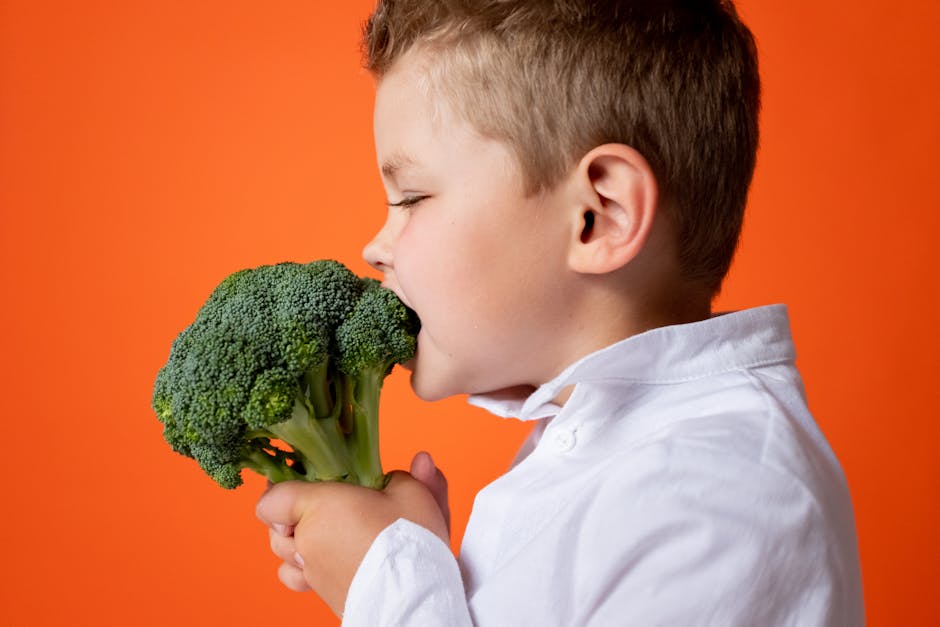The intricate relationship between the mind and body is a constant source of fascination for researchers. One aspect of this relationship that often receives less attention than deserved is the profound impact stress can have on our eating habits. This essay delves into this complex interplay, exploring how stress triggers alterations in dietary choices and ultimately affects our nutritional well-being.
Stress, a pervasive aspect of modern life, encompasses a broad range of emotional and psychological responses to perceived threats or challenges. From navigating demanding work environments to managing personal relationships, stressors are ubiquitous. While the body’s stress response is a natural and often necessary mechanism for survival, chronic or excessive stress can have far-reaching consequences, including significant changes in eating behaviours.
A central mechanism through which stress influences eating habits lies in the activation of the hypothalamic-pituitary-adrenal (HPA) axis. This complex system regulates the body’s response to stress, releasing hormones like cortisol. Elevated cortisol levels, a common consequence of persistent stress, trigger a cascade of physiological changes, frequently affecting appetite and food cravings. This can manifest in a variety of ways.
One prominent effect of stress-induced cortisol surges is the stimulation of appetite. This heightened drive to consume food may arise from increased needs for glucose, a crucial energy source in times of perceived threat. The body, in effect, perceives stress as a type of physical exertion, demanding energy replenishment. Consequently, individuals may experience an increased desire for high-calorie, easily digestible foods, often those rich in sugar and fat.
Further influencing eating habits under stress is the altered release of neurotransmitters like dopamine and serotonin. These neurochemicals play a crucial role in regulating mood and reward pathways. Chronic stress can disrupt the balance of these neurotransmitters, often leading to an increased craving for certain foods, especially those perceived as comfort or mood-boosting. This is commonly observed in the increased consumption of processed foods, sweets, and unhealthy fats when experiencing stress.
Furthermore, the emotional coping mechanisms employed during stressful times significantly impact dietary choices. Many individuals turn to food as a means of emotional regulation. Consuming comfort foods can temporarily alleviate feelings of anxiety, sadness, or loneliness. This coping mechanism, while providing short-term relief, can lead to an unhealthy cycle of emotional eating and the accumulation of excess calories.
However, the response to stress isn’t uniform across the population. Individual variations in stress tolerance, coping mechanisms, and pre-existing dietary habits play a role in determining the specific impact of stress on eating behaviour. For example, some individuals might experience increased cravings for sweet or salty foods, while others might turn to skipping meals entirely, resulting in nutrient deficiencies. Additionally, underlying conditions like anxiety and depression can further exacerbate the impact of stress on eating patterns.
The consequences of these alterations in eating behaviours can be severe. Chronic stress and subsequent unhealthy eating habits can contribute to weight gain, obesity, and an increased risk of associated health problems. A compromised immune system, sleep disturbances, and metabolic dysregulation are all possible outcomes. This underscores the significance of understanding the intricate connection between stress, eating habits, and overall health.
Nutritional strategies can play a crucial part in mitigating the negative effects of stress on dietary choices. Firstly, developing healthy coping mechanisms, such as exercise, mindfulness practices, or spending time in nature, can help manage stress levels. These alternatives to food-based coping mechanisms are beneficial for both emotional well-being and long-term health. In addition, focusing on a balanced diet rich in essential nutrients, whole foods, and adequate hydration can provide the body with the resources it needs to better manage stress.
Maintaining a consistent meal schedule, even under stressful circumstances, is also crucial. Skipping meals can lead to heightened cravings later in the day, potentially increasing the likelihood of unhealthy food choices. A mindful approach to food intake, paying attention to hunger cues and satiety signals, can further help in making healthier dietary choices.
Lastly, acknowledging the role of stress in eating behaviours, coupled with seeking professional guidance if needed, can lead to more sustainable and effective dietary adjustments. Seeking support from registered dietitians, nutritionists, or mental health professionals can provide tailored advice and strategies for managing stress and fostering healthier dietary habits.
In conclusion, the link between stress and eating habits is multifaceted and complex. Stress can alter hormonal balance, trigger cravings, and drive emotional regulation via food. Recognising these influences and actively addressing stress-related dietary patterns is essential for promoting nutritional well-being and overall health. Integrating healthy coping strategies, mindful eating practices, and professional guidance are crucial components of managing the impact of stress on our dietary choices. This ultimately contributes to a holistic approach to health and wellness, recognising the powerful interplay between the mind and body.
